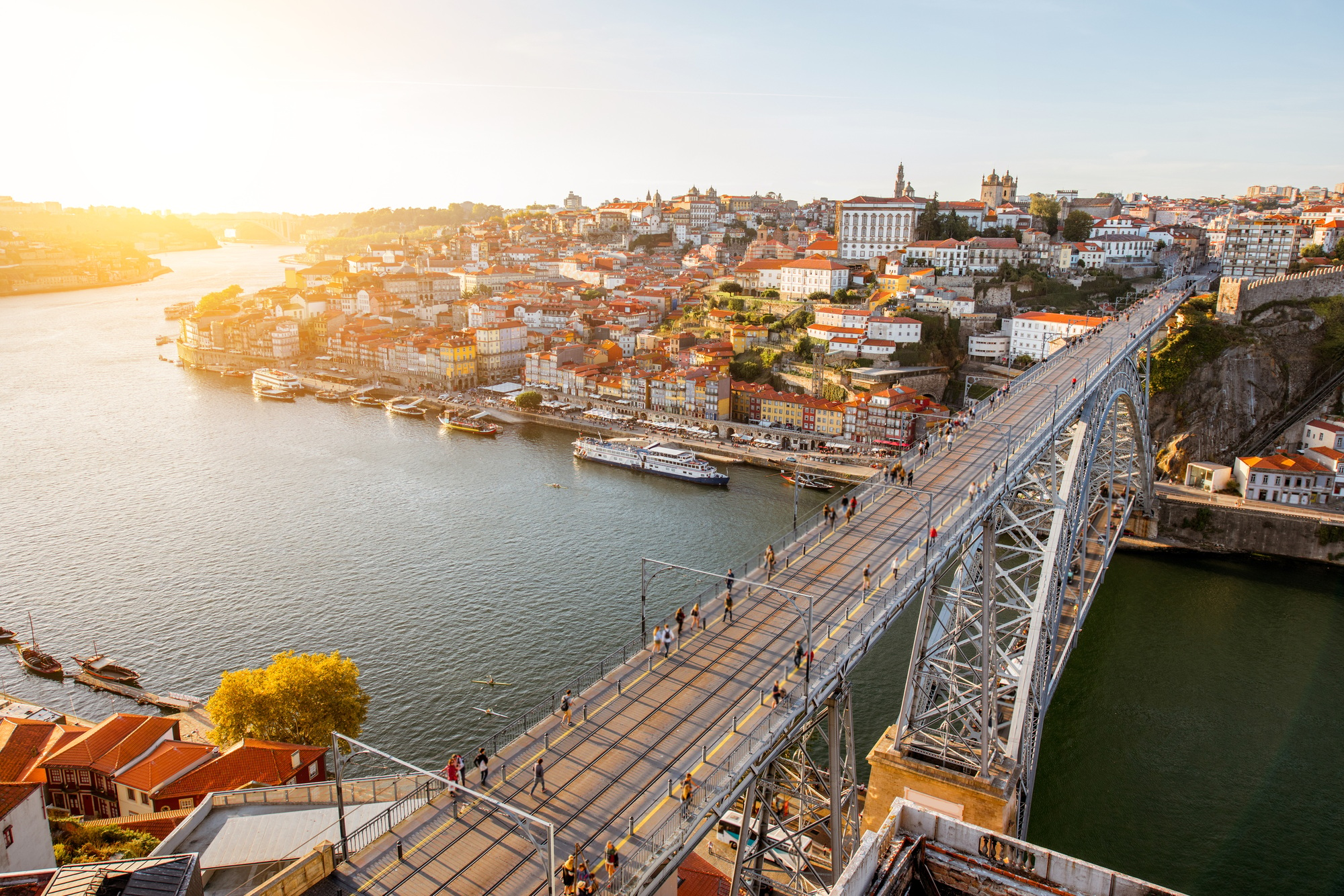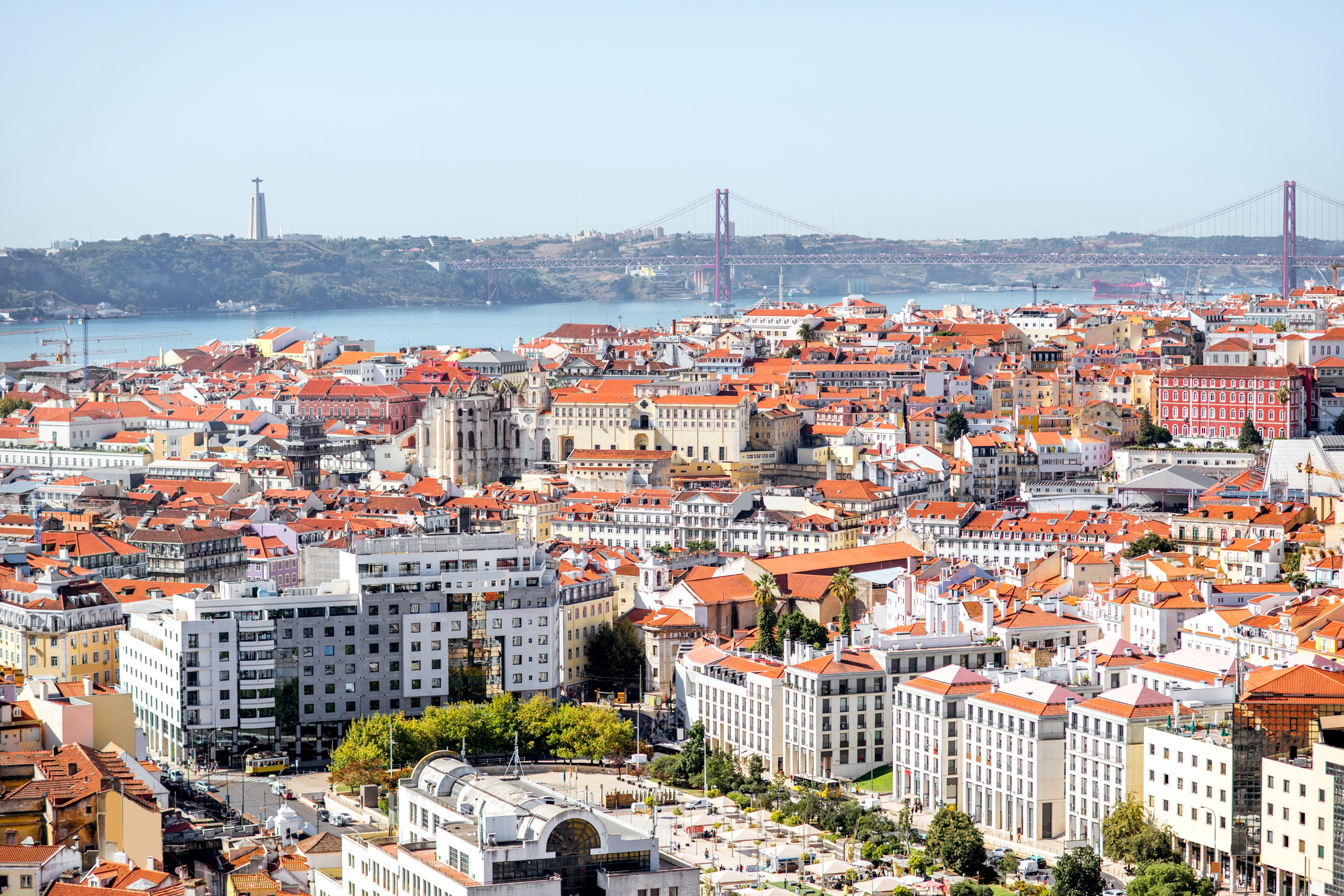What You Need to Plan Before Retiring in Portugal
Picture yourself enjoying your golden years under the Portuguese sun: a mild climate, a relaxed pace of life, and appealing tax advantages. It sounds idyllic—but to make it a success, you’ll need solid preparation. Below is an English translation of the key points to consider before moving, plus extra practical tips to ensure a smooth transition to retirement in Portugal.
1. Sort Out Residency and Administrative Requirements
- Visa or Residency Permits
- EU/EEA Citizens: You don’t need a visa but must register at the local city hall (Câmara Municipal) if you stay over three months to obtain a Certificate of Residence.
- Non-EU Citizens: Look into a long-stay visa (D7) specifically designed for retirees (or an alternative that fits your situation).
- Pro Tip: Start the visa application at least 3–6 months before your intended move, as processing can take time.
- Social Security Registration
- If you plan to use the Portuguese public healthcare system (SNS), learn how to enroll and obtain a Portuguese Social Security Number (NISS).
- EU retirees often need to transfer their healthcare rights via the S1 Form from their home country.
- Non-Habitual Resident (NHR) Status
- This 10-year tax incentive regime can greatly reduce or sometimes eliminate taxes on certain foreign pensions or income.
- Extra Tip: Consult a local tax expert as soon as possible—waiting too long after arrival can cause you to miss the NHR registration window.
2. Plan Your Housing Situation
- Location, Location, Location
- Major Cities (Lisbon, Porto): Vibrant, with top-notch amenities, but higher rents and property prices.
- Coastal Areas (Algarve, Cascais): Beautiful beaches and sunny living, yet often more expensive and busy in peak tourist seasons.
- Interior or Rural Zones: Typically cheaper but fewer healthcare facilities and public transport options.
- Practical Tip: Spend at least a few weeks exploring various regions. If possible, rent short-term in different areas to pinpoint your favorite spot.
- Renting vs. Buying
- Renting: Ideal to test out a neighborhood and avoid long-term commitments. Check sites like Idealista or Imovirtual, and consider whether the landlord includes furniture/utilities.
- Buying: Property prices have risen sharply in popular areas. Thoroughly research local market trends and get legal advice—especially if you don’t speak Portuguese.
3. Prepare Your Healthcare Coverage
- Public Healthcare (SNS)
- Generally good quality, but expect potential delays for specialist appointments.
- You’ll need a Número de Utente (health user number) to access public facilities.
- Private Insurance
- A private health plan can spare you long wait times or give you quicker access to specialists.
- What to Watch Out For: Check coverage limits, waiting periods, preexisting conditions, and whether your hospital of choice is in-network.
- Medications and Prescriptions
- Ensure your regular prescriptions are available in Portugal, possibly under a different brand name.
- If you need specific medications or medical devices, bring a small supply at first and verify local pharmacies can restock them.
4. Understand Your Tax & Pension Situation
- Pension Taxation
- Retirees may benefit from reduced or even zero tax on foreign pensions if they qualify for the NHR scheme.
- Double-check bilateral tax treaties between Portugal and your home country to avoid double taxation.
- Annual Returns
- Even if you have tax exemptions, you must file a Portuguese tax return each year.
- Time-Saver Tip: Hire a bilingual accountant or tax consultant. They’ll handle paperwork like double-taxation forms and NHR applications, saving stress.
5. Create a Realistic Monthly Budget
- Housing
- Rents and property costs are surging, particularly in cities (Lisbon, Porto) and the Algarve.
- If you want a coastal view or central location, expect higher outlays.
- Tip: Factor in condominium fees, property management fees, or extra community charges if you buy in certain developments.
- Everyday Costs
- Day-to-day expenses—like groceries, fresh produce, and dining—tend to be cheaper than in Northern Europe or the US.
- Hidden Cost: Utilities (electricity, water, gas) can jump significantly in winter, especially in older or poorly insulated homes.
- Local Taxes & Fees
- Remember annual property tax (IMI) if you own your home, car tax if you drive, plus any municipal taxes that vary by district.
- Bank fees and international transfer fees also add up, especially if your pension is paid in a foreign currency.
6. Learn Basic Portuguese
- While many Portuguese speak English—especially in touristy areas—knowing some Portuguese eases day-to-day tasks, fosters friendships, and helps with medical or bureaucratic appointments.
- Practical Steps: Use apps (Duolingo, Babbel), join language exchange meetups, or attend local community classes. A bit of effort goes a long way in boosting acceptance and reducing frustration.
7. Check Nearby Infrastructure & Amenities
- Transport
- Lisbon, Porto, and some regional capitals have robust public transit. In rural zones or on the outskirts, a car might be essential.
- If you’re no longer comfortable driving, pick a locale with solid bus or rail connections.
- Shops and Services
- Gauge your distance to supermarkets, pharmacies, and healthcare centers. A 15-minute drive might be fine—unless mobility becomes an issue.
- Social Activities: Seek out senior clubs, expat communities, or cultural events that keep you active and connected.
- Internet and Phone Plans
- If you want reliable broadband or to stay connected with family abroad, confirm high-speed internet providers in your chosen area.
8. Adapt to Local Culture and Lifestyle
- Pace of Life: Portuguese people dine later and often prefer a relaxed schedule—shops might close for lunch, or open later.
- Cultural Etiquette: Local festivals, religious processions, and neighborhood feiras happen year-round. Embrace them to feel part of the community.
- Social Norms: Politeness and greeting your neighbors can go a long way. Try to greet them in Portuguese, even if it’s a simple “Bom dia” or “Boa tarde.”
9. Sort Out Banking and Pension Transfers
- Portuguese Bank Account: Getting one simplifies bill payment, rent, and everyday expenses.
- International Transfers: If your pension is paid in a non-euro currency, compare exchange rates and fees across banks or use specialized remittance services (Wise, Revolut, CurrencyFair) to save on conversion costs.
- Back-Up Funds: Set aside an emergency fund in euros in case of unexpected medical bills or home repairs.
Final Thoughts
Retiring in Portugal can be a fantastic choice—a sunny climate, lower living costs (in most areas), welcoming culture, and good quality healthcare. Yet it does require due diligence: you’ll want to manage the paperwork, handle financial matters smartly, secure comfortable housing, and embrace the local language. With thoughtful prep, you can settle in smoothly and begin enjoying the laid-back Portuguese lifestyle, from fresh seafood dinners to scenic ocean views. Bem-vindo a Portugal!





